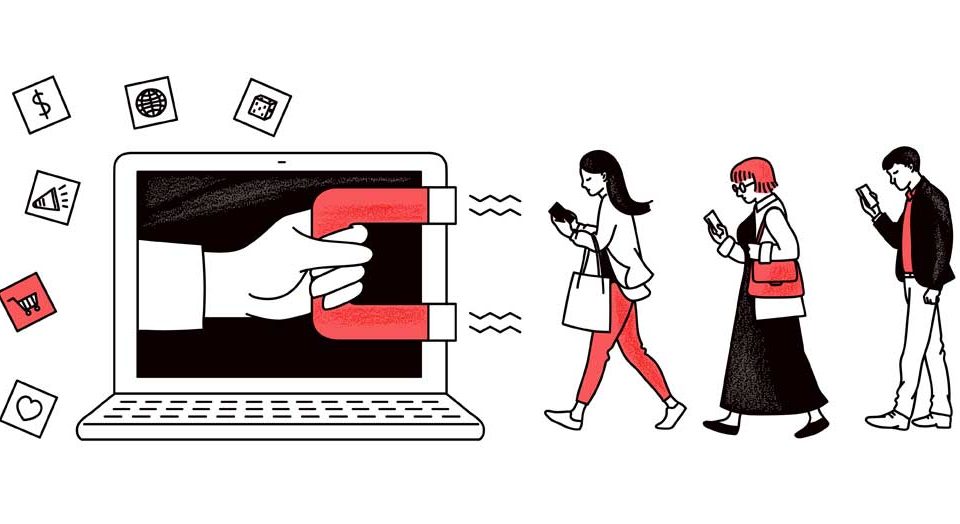
Transforming the Ordinary: How Creative Marketing Elevates Mundane Products
May 21, 2024
How to Use Vulnerability in Email Marketing to Boost Engagement
June 12, 2024Effective B2B Communication: Key Strategies for Better Business Relationships

Effective communication is paramount in the competitive landscape of business-to-business (B2B) interactions. It’s not just about exchanging information but ensuring that the information is understood, appreciated, and acted upon. Here are some strategies to enhance your B2B communication and build stronger, more productive business relationships.
1. Understand Your Audience
Before you craft any message, it’s crucial to understand who your audience is. What are their pain points, needs, and goals? Tailoring your communication to address these factors will make your message more relevant and engaging. Use customer data, market research, and direct feedback to gain insights into your audience’s preferences and challenges.
2. Use Clear and Concise Language
B2B communication often involves complex topics, but clarity should never be sacrificed. Use straightforward language, avoid jargon, and be as concise as possible. Your goal is to make your message easily understood, even when discussing complicated subjects. Bullet points, summaries, and visual aids can help break down information into digestible parts.
3. Leverage Multiple Channels
Different businesses and stakeholders have different communication preferences. Some may prefer emails, others might lean towards phone calls, while some might favor instant messaging platforms. Utilize a mix of communication channels to reach your audience where they are most comfortable and responsive. This multi-channel approach ensures that your message is seen and heard by everyone involved.
4. Personalize Your Communication
Generic messages often fall flat in the B2B space. Personalize your communication to reflect the unique relationship you have with each client or partner. This could involve referencing past interactions, addressing specific needs, or acknowledging recent achievements of the business you’re communicating with. Personalization shows that you value the relationship and have invested time in understanding the other party.
5. Foster Transparency and Trust
Trust is the cornerstone of effective B2B communication. Be transparent about your intentions, capabilities, and limitations. If there are issues or delays, communicate them promptly and honestly. Providing regular updates and being proactive about sharing information fosters a sense of reliability and builds long-term trust.
6. Focus on Listening
Effective communication is as much about listening as it is about speaking. Actively listen to your clients’ and partners’ concerns and feedback. Show empathy and understanding, and respond thoughtfully. By prioritizing listening, you demonstrate that you value the other party’s input and are committed to a two-way dialogue.
7. Implement Feedback Loops
Continuous improvement is essential in B2B communication. Implement feedback loops to gather input on your communication strategies. Surveys, follow-up emails, and direct conversations can provide valuable insights into how your communication is perceived and where improvements can be made. Use this feedback to refine your approach and address any weaknesses.
8. Embrace Technology
Technology offers numerous tools to enhance B2B communication. Customer Relationship Management (CRM) systems, project management tools, and collaborative platforms can streamline interactions and ensure that everyone is on the same page. Embrace these technologies to improve efficiency, track communication history, and facilitate better coordination.
9. Train Your Team
Your team plays a crucial role in executing effective B2B communication. Invest in training programs that focus on communication skills, including writing, speaking, and active listening. Equip your team with the tools and knowledge they need to represent your business professionally and effectively in all interactions.
10. Measure and Analyze
Finally, measure the effectiveness of your communication efforts. Track metrics such as response rates, engagement levels, and conversion rates. Analyze this data to understand what’s working and what’s not. Use these insights to continually refine your communication strategies and achieve better results.
By implementing these strategies, you can enhance your B2B communication, build stronger relationships, and drive more successful business outcomes. Effective communication is not a one-time effort but an ongoing process of listening, learning, and adapting to meet the evolving needs of your business partners.






